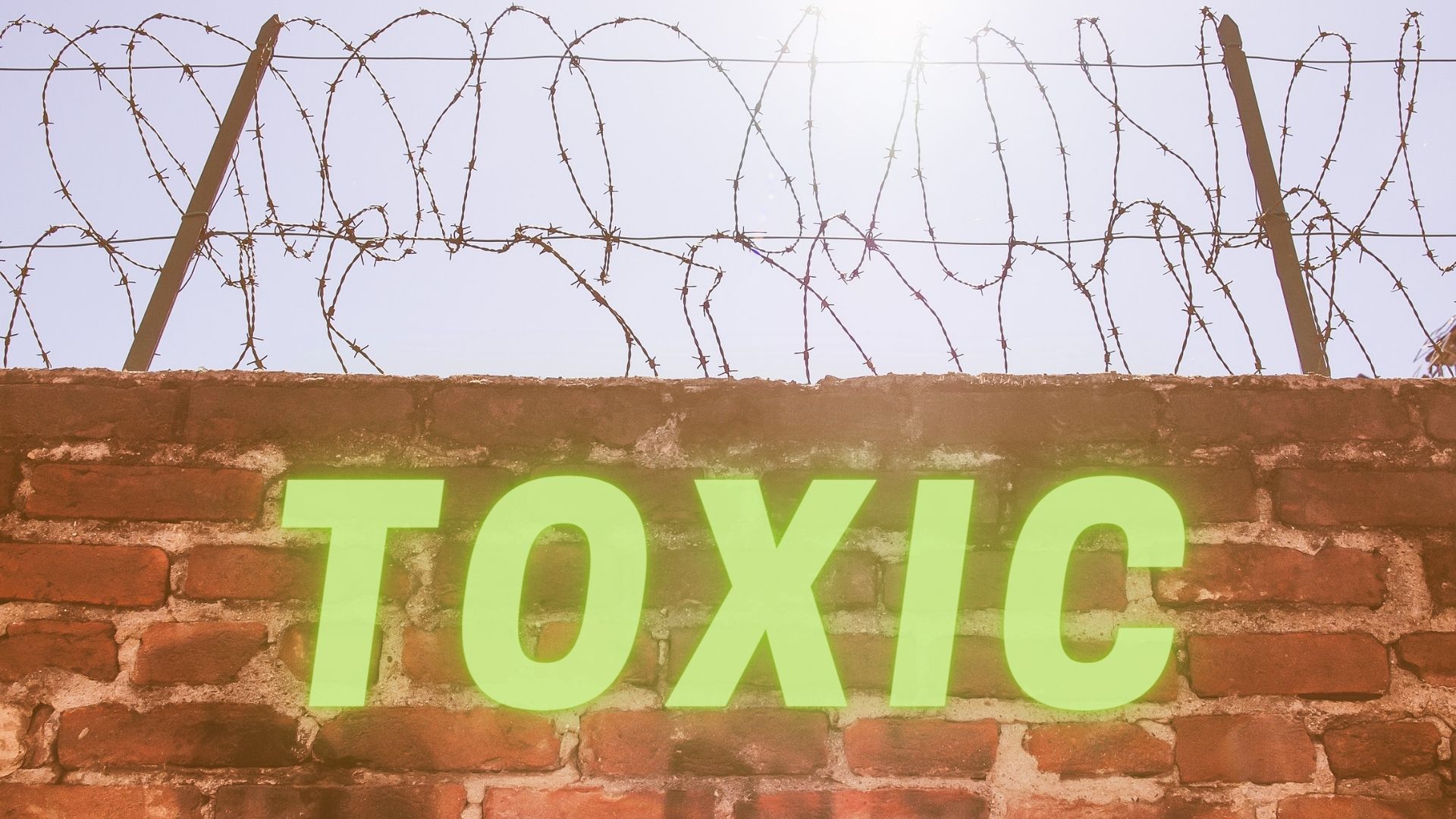Overcoming Toxic Thoughts
Many people deal with toxic thoughts - thoughts that are slowly destroying their lives and relationships. Here are three simple steps to destroying those thoughts and regaining your life.
Talking Points:
- A working definition of “toxic” is “anything containing poisonous material capable of causing sickness or even death.” These days, many people have toxic thoughts regularly – thoughts that are slowly destroying their lives and relationships. Proverbs 4:23
- Once you’ve identified thoughts that are bringing death and destruction into your life, reject them. Don’t passively ignore them, but actively fight against them. The Bible’s language on this topic is violent. 2 Corinthians 10:4-5
- Simply identifying and rejecting the lie isn’t good enough, because over time that lie will return to influence you again. True victory comes when you make a habit of learning and living God’s truth. Philippians 4:7-8, Romans 12:2
Discussion:
- Initial reactions to this topic? What jumped out at you?
- Of the three categories above (negative, fearful, destructive), which kind of toxic thoughts plague you the most? What other categories of toxic thoughts do people battle?
- Read 2 Corinthians 10:4-5. How can you practically apply this to the thoughts you listed above? Be specific.
- Read Luke 11:24-26. Destroying toxic thoughts is only half the battle; replacing them with truth is the other half. How can you keep from being “worse off than before” when you are trying to overcome toxic thoughts?
- What truths from the Bible can combat your toxic thoughts? Look some up together.
- Is there a step you need to take based on today’s topic?
Battling Toxic Words
Our words are some of the most powerful poisons that we encounter in life. We might teach our kids, “sticks and stones may break my bones, but words will never hurt me.” However, experience tells us that words have a lasting impact in our lives.
Talking Points:
- Our words are some of the most powerful poisons that we encounter in life. We might teach our kids, “sticks and stones may break my bones, but words will never hurt me.” However, experience tells us that words have a lasting impact in our lives. James 3:5-6
- Words can either help or hurt people. They can heal or injure. This is why the Bible says that words bring life or death. They can build you up, or tear you down. Proverbs 18:21, Proverbs 15:4
- Use your words to build up your spouse, your kids, your friends, and your small group. Let your words bring life. Break the cycle of toxic words, and use your words to encourage others. Ephesians 4:29
Discussion:
- Initial reactions to this topic? What jumped out at you?
- Share an example of how someone’s words encouraged you. Or, share an example of how someone’s critical words discouraged you.
- Why do you think words are still powerful even years after they were spoken?
- Read James 3:5-6. How have you seen words produce a fire in your life?
- What are some examples of God’s words bringing life to the world?
- Read Ephesians 4:29. How do you know if your words are “good and helpful”?
- How can we apply these principles about our words to what we write on social media?
- Is there a step you need to take based on today’s topic?
Managing Toxic Relationships
Toxic people tend to create toxic relationships, which can have serious consequences for our lives. Here's what to do about it.
Talking Points:
- Toxic people tend to create toxic relationships, which can have serious consequences for our lives. We need to set boundaries against harmful relationships in order to save our emotional energy for pursuing God. Proverbs 13:20, 2 Timothy 2:16-17
- We all have people in our lives who leave us feeling negative and emotionally exhausted. Their influence makes you feel worse about yourself and your life. Consider these three types of people:
- The Negative person is judgmental and critical. They are always complaining. Nothing is good enough. Everyone else is to blame.
- The Controller is overbearing and demanding. They push to get their way through intimidation or manipulation.
- The Tempter influences you to go against your values. They don’t care about how their values and practices rub off on you.
- You can manage toxic relationships in two simple ways – setting healthy boundaries and knowing when to cut off the relationship.
Discussion:
- Initial reactions to this topic? What jumped out at you?
- How do you know when you are in a toxic relationship? Give an example from personal experience if you have one.
- Read Proverbs 13:20 and 1 Corinthians 15:33. What are some consequences of toxic relationships?
- Look at the three kinds of toxic people. Which one do you normally attract as a friend? Why do you think that is?
- Why are boundaries important in relationships? How can you set healthy boundaries in your relationships right now?
- Think of toxic relationships from your past. How did you handle the situation? What, if anything, would you do differently now?
- Is there a step you need to take based on today’s topic?
- Boundaries With Friends
- Helping Kids Set Boundaries
- The 10 Laws Of Boundaries
- What Are Boundaries In Relationships?
- Three Signs of Relational Health
- Good Relationships And Three Shades of Dysfunction
- Triangulation Versus Wise Counsel
- How to Set Healthy Boundaries with Your in-Laws
- Here’s What to Do If You Have Had Sex Before Marriage
- In-Law Conflict: Your Wife vs Your Mother
- How Far Is Too Far In A Dating Relationship?
- Boundaries During Separation
- The Trajectory of Parental Discipline







